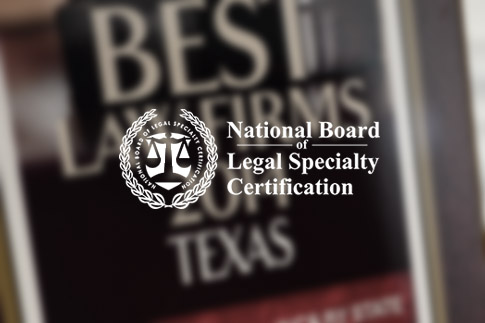How many attorneys are currently Board Certified in Personal Injury Trial Law?
There are approximately 1,350 Texas attorneys now Board Certified in Personal Injury Trial Law.
How does the consumer know whether an attorney is Board Certified in Personal Injury Trial Law?
A Board Certified attorney is entitled to indicate certification on their business card and letterhead by stating they are “Board Certified – Personal Injury Trial Law – Texas Board of Legal Specialization”. They may display the Certificate of Special Competence awarded by the Texas Board of Legal Specialization, and list the certification in legal directories and telephone listings under “Attorneys – Board Certified”.
How long does an attorney remain certified in Personal Injury Trial Law?
Certification is for a period of 5 years. To remain certified after that time, the attorney must apply for re-certification every five years and meet the requirements for continued experience, peer review and continuing legal education.
What are the general requirements for Board Certification in Personal Injury Trial Law?
- Been licensed to practice law for at least 5 years
- Practiced personal injury trial law for at least 3 years
- Devoted a minimum of 25% of their law practice to personal injury trial law
- Handled a wide variety of personal injury trial law matters to demonstrate experience and involvement
- Attended personal injury trial law continuing legal education seminars regularly to keep their legal training up to date
- Been evaluated by fellow lawyers and judges
- Passed a day-long written examination
What special requirements must a lawyer who is Board Certified in Personal Injury Trial Law meet?
A lawyer who is Board Certified in Personal Injury Trial Law must have handled jury trials in cases involving vehicle accidents, worker’s compensation, premises liability, products liability, statutory tort claims, maritime accidents, social security claims or claims involving mental anguish damages not necessarily accompanied by a physical injury. The lawyer must also have extensive knowledge of the law of evidence, procedure, and other substantive law in the trial of civil cases.


